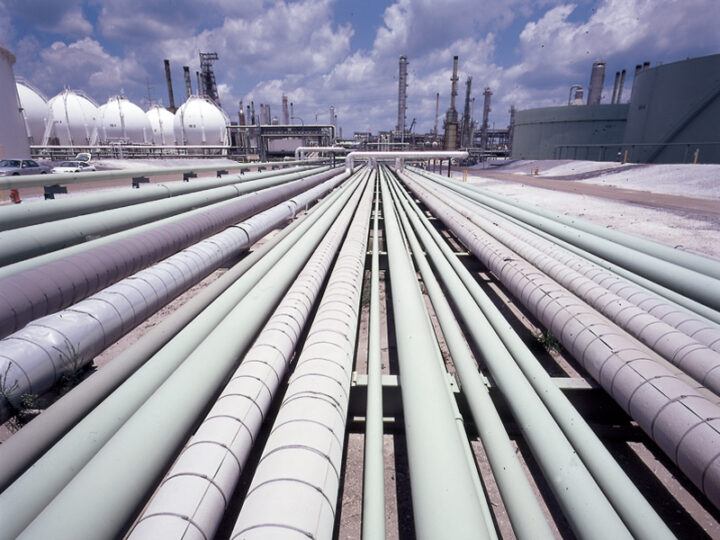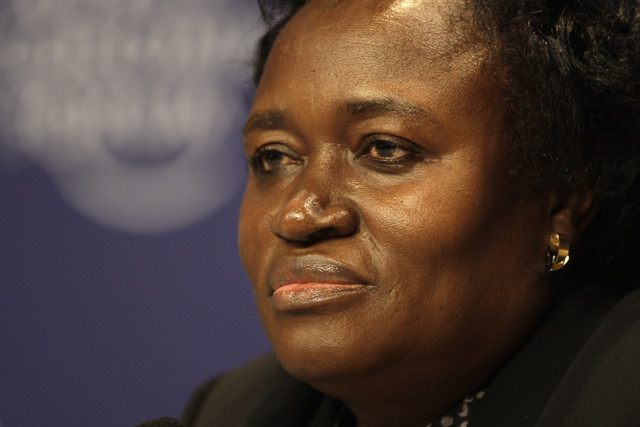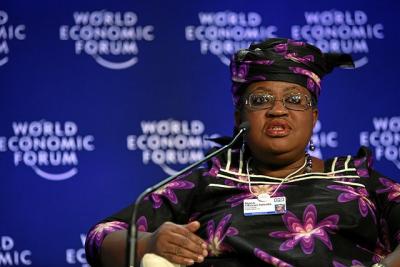Minister of Petroleum Resources, Mrs Diezani Alison-Madueke, said the Federal Government was planning to construct the longest gas supply pipeline from Calabar via Ajaokuta to Kano.
Mr Ohi Alegbe, the Group General Manager, Public Affairs Division of NNPC, disclosed this in a press statement on Tuesday.
The statement quoted Alison-Madueke to having made the statement while delivering a paper enitled “Encouraging Investment in Gas Production, Supply and Consumption” at a three-day National Conference on Gas Resources.
It said the conference was organised by the senate committee on gas resources.
Advertisement
The statement said that the minister was represented by the group managing director of the Nigerian National Petroleum Corporation (NNPC), Mr Andrew Yakubu.
It said at present, the government was constructing the strategic East-West pipeline, while the Lagos end segment of the Escravos to Lagos Pipelines System (ELPS) was nearing completion.
“By the end of the year, we will be commencing, via public private partnership (PPP) scheme, the nation’s longest pipeline from Calabar via Ajaokuta to Kano,” the statement said.
Advertisement
It stated that almost 500km of the new gas pipelines had been completed and inaugurated; including the doubling of the capacity of the EPLS between Escravos and Oben.
It said by the end of 2018, the backbone pipeline infrastructure for gas would have been delivered, concluding an initial phase of more than 2500km of gas pipeline infrastructure development.
“The government is strategising to leverage on the full potential of gas to achieve massive impact on the economy and the national Gross Domestic Product (GDP).
“We are focused on jump starting gas supply to enable usage in gas to power, gas based industrialisation, compressed natural gas for transportation and commercial usage, cooking gas for domestic usage and regional pipeline for gas export,” Alison-Madueke said.
Advertisement
According to her, government has introduced a domestic gas supply obligation regulation, which mandates a certain amount of gas supply for the domestic market pending the full maturation of the market.
This, the minister said, was to support the aggressive short-term demand growth in the power sector.
She expressed the hope that the market would ultimately drive itself for supply growth, adding that the long run expectation was for less dependence on supply via obligation.
Alison-Madueke said the federal government had reviewed the contractual framework for gas through the development of world-class standardised gas supply agreements.
Advertisement
This, she noted, was in addition to Network Code which governed the flow of gas across the nation’s pipeline network and provides rules for open access.
The statement said the use of natural gas instead of petrol, had translated into significant savings for more than 4000 taxi drivers in Benin who were already using this alternative energy source.
Advertisement
The minister said government’s efforts at eliminating gas flaring was making significant impact as flare out rate dropped from 25 per cent to 11 per cent of production.
“Many of the International Oil Companies (IOCs) are fast approaching full flare out as the gas obligation and infrastructure growth have all combined to enable utilisation of hitherto flared gas.”
Advertisement
She called on all stakeholders to put more effort towards full market liberalisation as well as address the very urgent challenge of increasing supply to the power sector.
Advertisement
Add a comment






